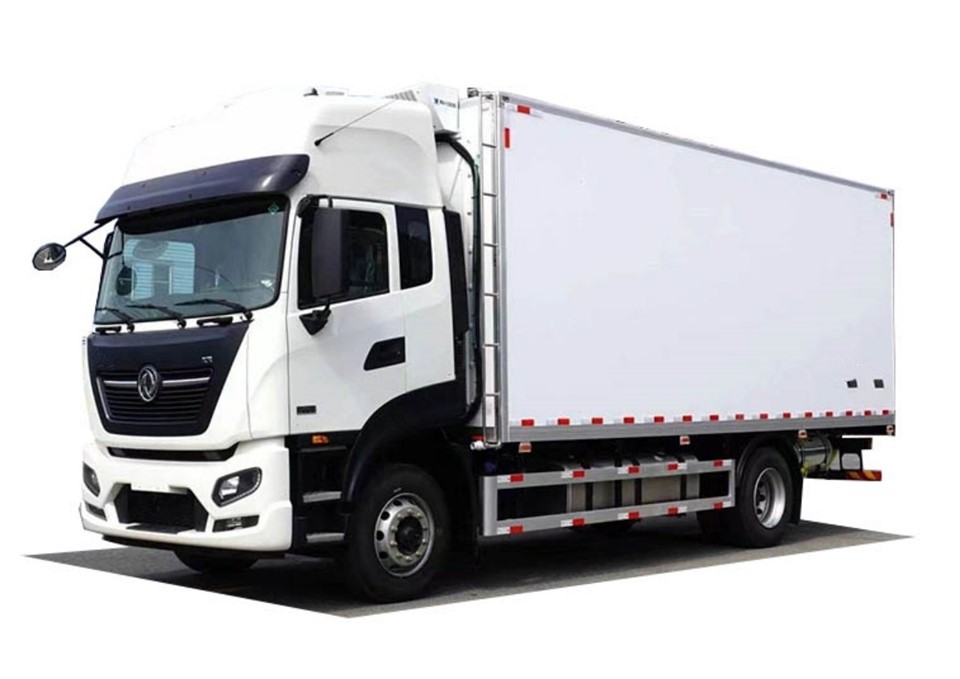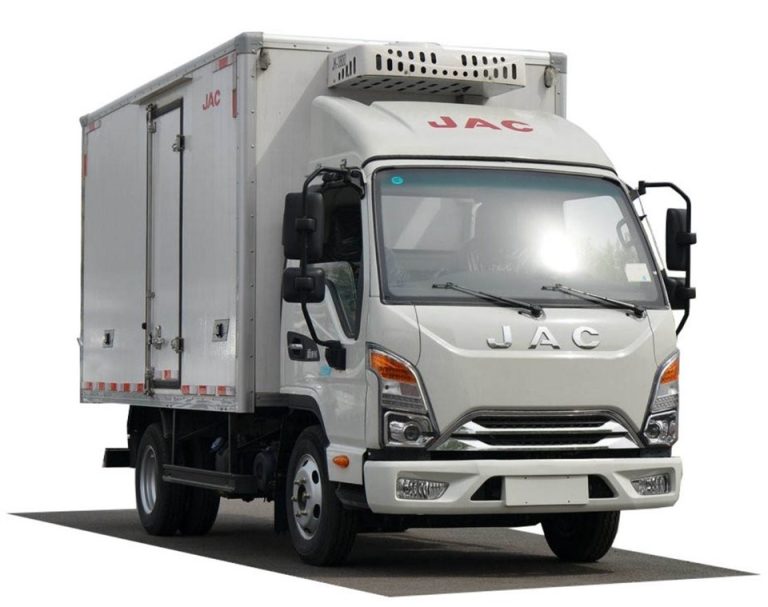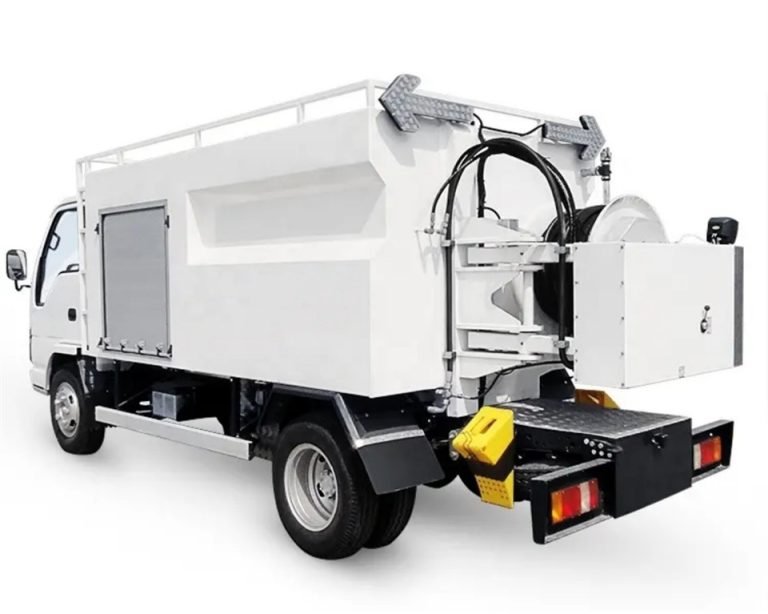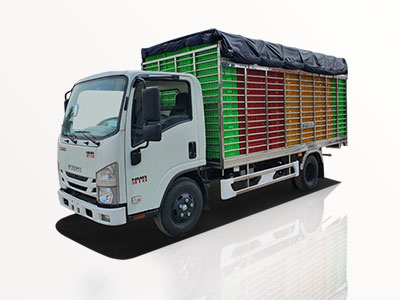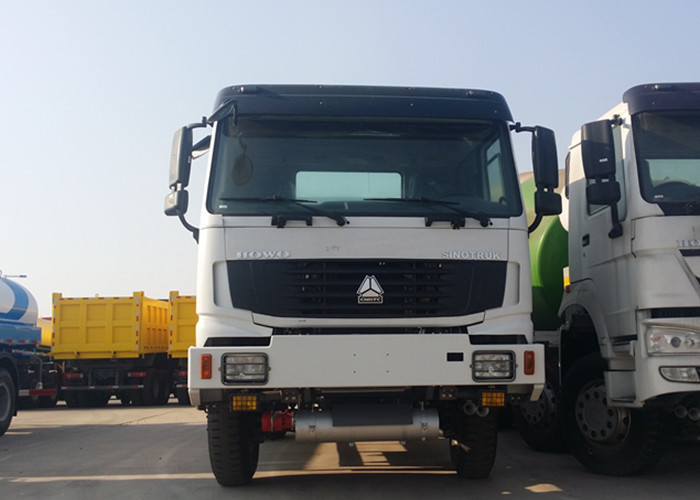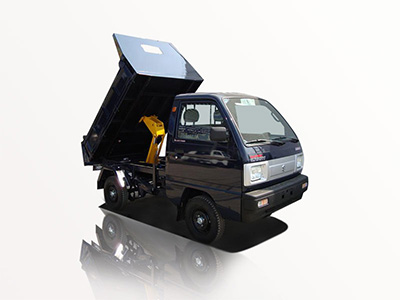When it comes to purchasing a camper, timing can significantly impact your buying experience. Understanding the best time of year to buy a camper not only helps in finding the best deals but also ensures you get the perfect vehicle for your adventures. This comprehensive guide will explore optimal buying periods, seasonal trends, financing tips, and much more.
Understanding the Camper Market
The camper market, like many other consumer goods, experiences fluctuations throughout the year. These fluctuations are influenced by several factors, including demand, inventory levels, manufacturer cycles, and seasonal trends. By grasping these dynamics, potential buyers can position themselves to make informed purchasing decisions.
Factors Influencing Camper Prices
- Supply and Demand: Higher demand in peak seasons drives prices up.
- New Model Releases: Manufacturers often release new models at specific times, affecting the prices of older models.
- Seasonal Promotions: Dealerships often have sales and promotions during certain seasons.
The Manufacturer Cycle
Most manufacturers unveil their new camper models in late summer or fall. Consequently, the best time to find discounts on previous-year models is during the months right after new releases.
Best Seasons to Buy a Camper
1. Late Fall (October to November)
This is arguably one of the best times to buy a camper. By October, dealerships are looking to clear out their inventory from the summer rush, which can result in significant discounts on previous-year models. In addition, as winter approaches, fewer buyers are interested in purchasing campers, further driving prices down.
2. Winter (December to February)
Winter can be a mixed bag. While there are often fewer camper sales during these months, you can still find deals, especially right after the holiday season. Many dealerships look to move inventory in January and February before spring arrives. If you’re shopping during this time, keep an eye on end-of-year incentives.
3. Spring (March to May)
Spring marks the beginning of the camping season. While demand increases in this time frame, savvy buyers can still find deals as dealers prepare for the influx of customers. The key is to shop early in the season, as prices may rise as summer approaches.
4. Early Summer (June to July)
Typically, early summer is less favorable for buyers. Demand peaks, and prices tend to rise correspondingly. If you’re looking to buy during this time, be prepared to act quickly and negotiate hard, as careful consideration is needed to secure the best deals.
Understanding Pricing Trends
| Season | Pricing Trend | Best Buying Strategy |
|---|---|---|
| Fall (Oct-Nov) | Lowest prices | Shop for previous-year models |
| Winter (Dec-Feb) | Low to moderate prices | Look for clearance sales |
| Spring (Mar-May) | Moderate to high prices | Shop early, prioritize discounts |
| Summer (Jun-Jul) | Highest prices | Be prepared to negotiate |
Practical Tips for Buying a Camper
1. Research Models Ahead of Time
Before shopping, research which camper models fit your needs. Consider factors like size, amenities, and intended use. Checking online reviews can provide insight into which models are durable and high quality.
2. Set a Budget
Determine your budget before visiting a dealership. This helps narrow down options and ensures you’re not swayed by additional features you may not need.
3. Visit Multiple Dealerships
Don’t settle for the first dealership you visit. Explore multiple options to compare prices and models. This strategy will empower you to negotiate better deals.
4. Check for Promotions and Discounts
Many dealerships offer seasonal promotions. Keep an eye out for trade-in deals, military discounts, or financing offers that can help you save significantly.
5. Pay Attention to Financing Options
Financing is an essential aspect of buying a camper. Research different financing options, interest rates, and terms. Having a pre-approved loan can strengthen your negotiating position.
6. Inspect Before You Buy
Always inspect a camper thoroughly before purchasing. Check for any signs of damage, wear, or malfunction. Taking a test drive can also help you understand how the camper handles on the road.
Maximizing Your Camper Experience
1. Evaluate Your Needs
Understanding your specific needs can guide your purchase. Are you a solo traveler, or do you plan on camping with your family? Knowing your priorities helps in selecting the right camper.
2. Consider Resale Value
Some campers hold their value better than others. Research resale trends to choose a model that won’t depreciate quickly. This is especially important if you plan to upgrade in the future.
3. Know Your Camping Preferences
Your camping style also determines the type of camper that’s best for you. If you enjoy backcountry camping, a simpler model may suffice. In contrast, if you prefer glamping, look for luxury options.
4. Join Camping Communities
Engaging with camping communities can provide insights and firsthand experiences. Users often share recommendations for trusted models and dealerships, enhancing your overall knowledge.
Financing Your Camper Purchase
1. Explore Financing Options
Investigate local credit unions and banks for camper financing. Different institutions offer varying rates, so compare options before making decisions.
2. Understand Your Credit Score
Your credit score affects your financing terms. Ensure you know your credit score and rectify any issues before shopping to secure the best rates.
3. Utilize Dealer Financing
Many dealerships offer in-house financing options. While this can be convenient, it’s crucial to compare interest rates with external lenders to ensure you’re getting the best deal.
4. Be Mindful of Insurance Costs
Don’t forget to factor in insurance costs when budgeting for your new camper. Rates can vary based on the model and your driving history, so gather quotes in advance.
FAQ Section
1. What is the best time to buy a used camper?
The best time to buy a used camper is typically late fall, around October and November, when dealers want to clear their inventory before winter.
2. How much should I budget for a camper?
Budgeting depends on the type of camper you’re interested in. You might find small pop-up campers for as low as $5,000, while larger RVs can exceed $100,000. It’s essential to consider additional costs like insurance and maintenance.
3. Are end-of-year discounts worth it?
Yes, end-of-year discounts can result in significant savings, especially for last year’s models. Dealerships are eager to clear out inventory to make room for new arrivals.
4. Can I negotiate the price of a camper?
Absolutely! Most prices are negotiable. Do your research to ensure you know the fair market value before negotiating with the dealer.
5. What should I look for when inspecting a camper?
Check for any signs of water damage, inspect the appliances and fixtures, and ensure all systems function correctly. Don’t hesitate to request a mechanic’s inspection if needed.
6. Is it better to buy new or used campers?
This depends on your needs and budget. New campers have warranties and the latest features, while used campers are more budget-friendly and can be a great value if in good condition.
